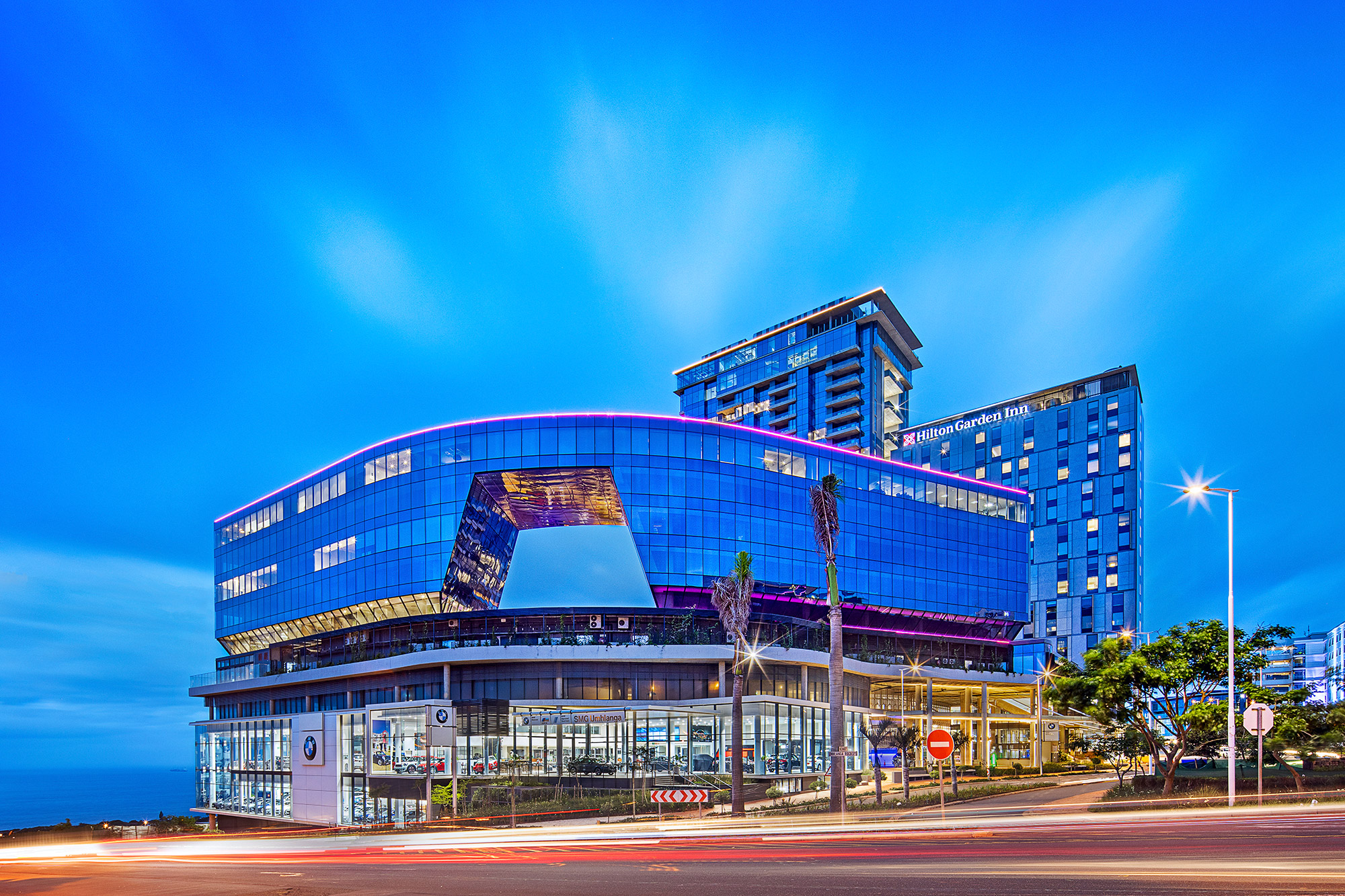South Africa Needs a Sustainable Construction Industry
If South Africa is to flourish and reach its full potential, then we must have sustainable human settlements that are socially acceptable and able to support economic development and expansion.
Sustainability is not only the domain of environmentalists, but the entire supply chain within the construction and infrastructure development process, that should be strongly aware of sustainable development issues.
This includes the protection of the Earth’s natural resources where building materials are derived from and the fundamental need for building products and services to be made available at a fair and affordable price. Sustainable constructions also makes business sense as it reduces exposure to risk (such as climate-related risks) and unlocks efficiencies.
Difficult task
Plenty of work is required as there are countless communities without sufficient housing all over South Africa. Urban development is placing an increasing amount of pressure on our cities’ infrastructure and facilities. These need to be upgraded to support our communities sufficiently.
In future South Africa will need to create cities where economic and social systems support the notion of long-term sustainability.
We will also need to create businesses and living spaces that enable the creation of jobs and facilitate wealth-building.
Communities will then become more socially coherent and this will enable individuals to work together for the greater good of their own society.
Recommended guidelines
To be truly sustainable, the building industry needs to follow certain recommended guidelines. By supporting quality suppliers, they are in turn ensuring that they become quality builders.
As a measure of construction sustainability, we suggest companies throughout the supply chain adopt:
- Sustainable and energy efficient designs guided by global best-practice • Environmentally friendly practices
- Sustainable maintenance practices
- Materials must be produced and sourced in a sustainable way, from local manufacturers wherever possible
- Quality and duration of materials should be a prime concern, including Scope 3 emissions
- Surrounding communities should derive maximum benefit from all building and
construction activities - Skills development and job creation should leave a sustainable legacy
Identifying role-players
Government is the first and most important role player that must focus on infrastructure development to facilitate economic development and social coherence.
Government also has a role to play in creating a level playing field by eliminating illegal mining, preventing imports of cheap inferior building materials, etc. These measures will give local manufacturers an opportunity to create jobs and in turn a thriving upstream building supply industry.
Building industry professionals
Following Government’s role, it is the responsibility of our built-environment professionals to strive for sustainability in terms of quality, as well as social and economic upliftment.
When dealing with industry association-accredited suppliers, professionals can rest assured that the companies comply with regulations, products meet standards as laid out by the South African Bureau of Standards (SANS), suitable care is taken of employment conditions, the environment, and surrounding communities.
Government and building professionals must strive beyond the use of “green” products for new developments only. To have a truly sustainable building industry we need to ensure the products we use are ethically derived and comply with all the required standards.
Suppliers and contractors must remain focused on true sustainability in terms of social, environmental, and economic upliftment of the region and the country.


